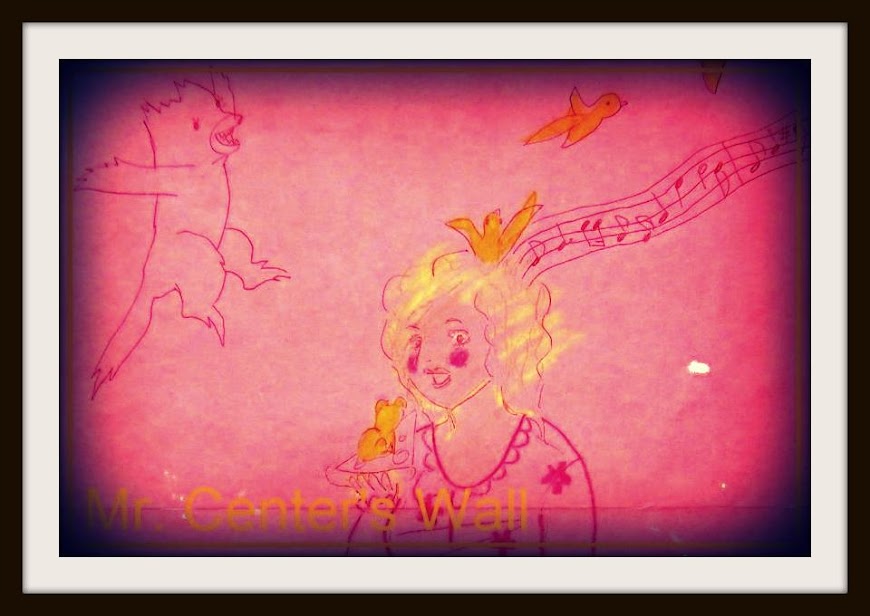Have you ever heard someone say that they just finished reading a book--a book you've also read and happened to have enjoyed--and complained about what a disappointment it was, and you wonder, "Was he even reading the same book?" Well, keep that in mind. I'm coming back to it.

I hopped on the
Hunger Games bandwagon over the summer, when Wal-Mart finally picked up the first book, which I could buy on the cheap. Until then, my wife and I had our names on the waiting list at the local library. (We're still not halfway through that list!) We each read the first. We each loved it. It was exciting and almost new to read a writer who, first, didn't pull any punches (and if you haven't read these, really, she "keeps it real") and, two, kept it direct and simple. This is a big deal for a someone like me who admittedly and happily loves prolixity--if it's done well, at least. As it turns out (and such is more than certainly the case with McCarthy's
The Road, by the way) that if not terse, then laconic, is just as good. This is especially the case here, when it would be entirely out of character for the protagonist, Katniss Everdeen, to wax poetic.
The second book made it to the mega-store as well, and we read it with similar abandon. It too was great and fun and shocking and does what any good second-in-a-trilogy should do: it propels on from the first, and prepares with excellent cliffhanger for the third; and it can almost stand alone.
The third book, Mockingjay, came along. We'd awaited it eagerly. But we'd also just lost our job. We couldn't get it. And we couldn't get it. Wal-Mart got it, and still we couldn't get it. (Twice, I almost forewent milk and gas to get it, but I didn't.) My sister-in-law got it. Borrowed it from a friend. It's on second-hand loan to us, and I finished it last night.
As it's been quite some time since it's come out (well, a couple months, I guess), I've heard a lot of reactions to the close of the story. Mostly I've just heard, "What a disappointment!" As I plugged along the first half of the book, I began to agree! It was a little slow; not really Collins' style. But that's it! There was a lot of exposition that needed to happen--yes, NEEDED. I had faith, though, in Collins, and stuck with it. (I would have anyway; I couldn't wait to find out what the end was actually going to be! How would the rebels win; whom would Katniss choose; would one of the selection even return to sanity; and what about the long-distant duel of the psycho presidents?) So I finished, and I wondered, "What book did all those other people read, because it couldn't have been this one! That ending was AMAZING!"
An inspiration, in fact, such that again I jealously thought, "Crap, I want to create something beautiful and brilliant!" (Maybe someday.)
I think the problem people have with reading something like this is their inability to separate what they want to happen with what should, or simply DOES, happen. It's not about what you want! I'm guessing that most of them are sad/mad that quite a few favorite characters simply don't make it. But isn't that how war is? I'm sorry, but put a group of people on the front line of a war and chances are that most of them, if not all, are going to kick the bucket. Yet there's courage and heroism and tragedy and revenge and anger and relief and, in the end, justice and recovery. The good guys win. (That's not really a spoiler, because that's not really what it's about.) But does Katniss win? She's the protagonist. This is her story. It's not her sister's, or old friend's, or the districts', or the other recruits'; it's hers. Period. And how beautifully and perfectly--and, if this story were real, how likely--Collins draws it all together.
While I'm not comparing Collins in any other way to this particular book, in one aspect in particular she draws direct comparison to one of my favorites, Catcher in the Rye. Salinger runs the entire book through with the string of a song. That song is a metaphor for everything that happens in the story, and particularly to the central conflict of the protagonist. So it happens here in Mockingjay. Collins pens really a beautiful "song," which is much more poem than anything else, and does for her story what "Catcher in the Rye" (the song) does for Salinger's. If for no other reason, read the book for "The Hanging Tree" and what it does for the book and its characters.
In the end, everyone, ignore the freaking nay-sayers. Read this book. It's wonderful, and will have (once I can buy my own copy, at least) a permanent spot on my book shelf, somewhere between Chabon and Dickens.












